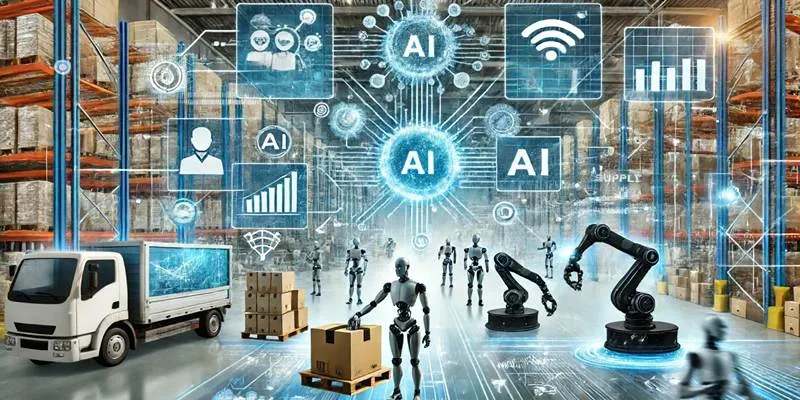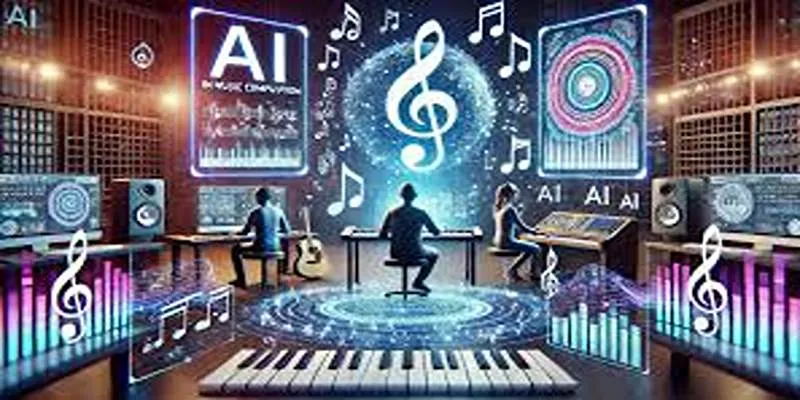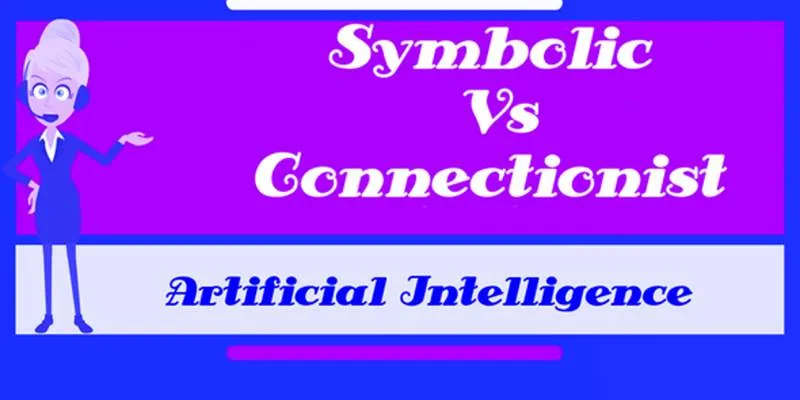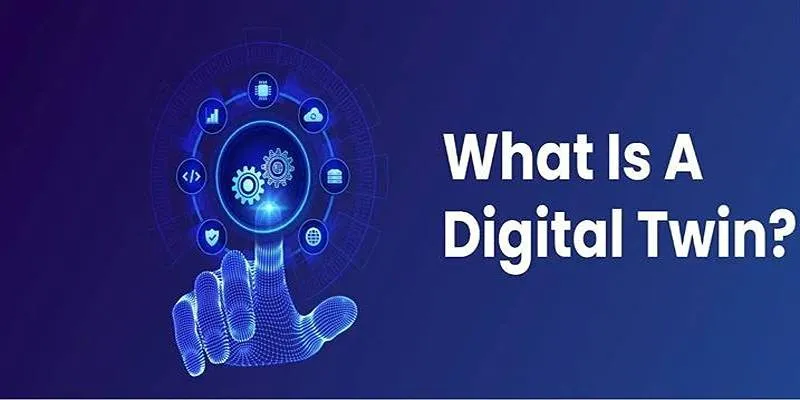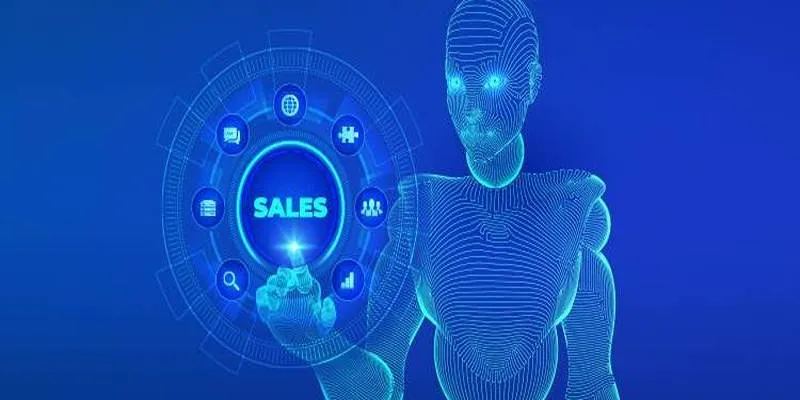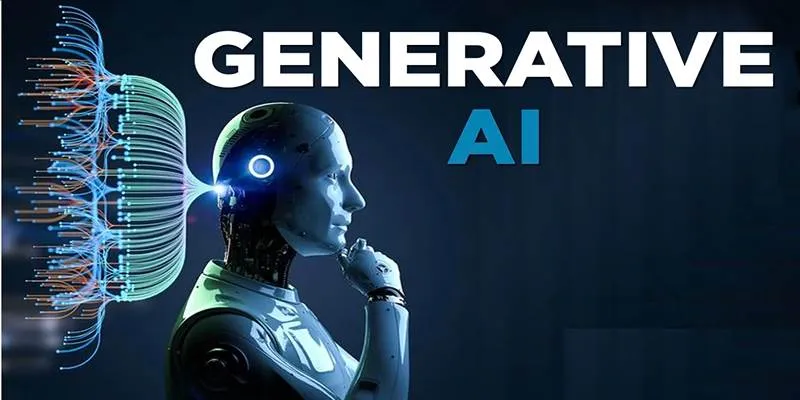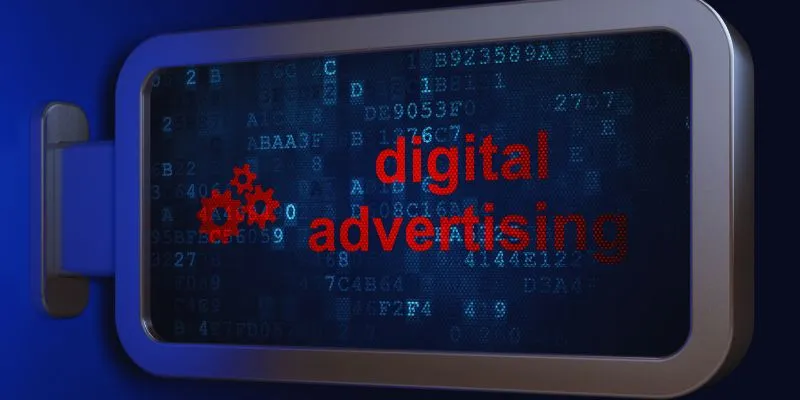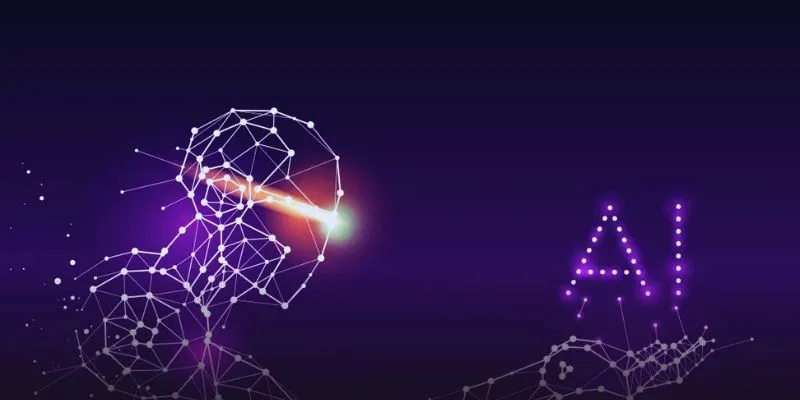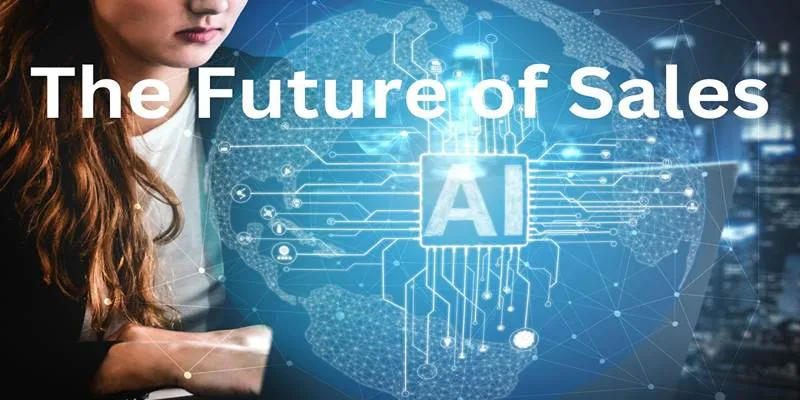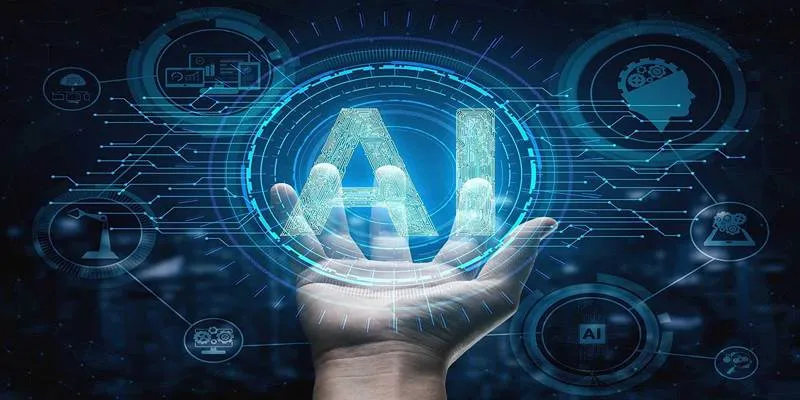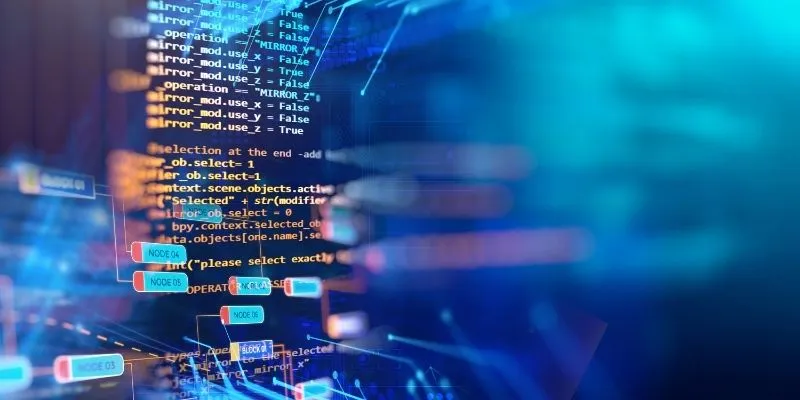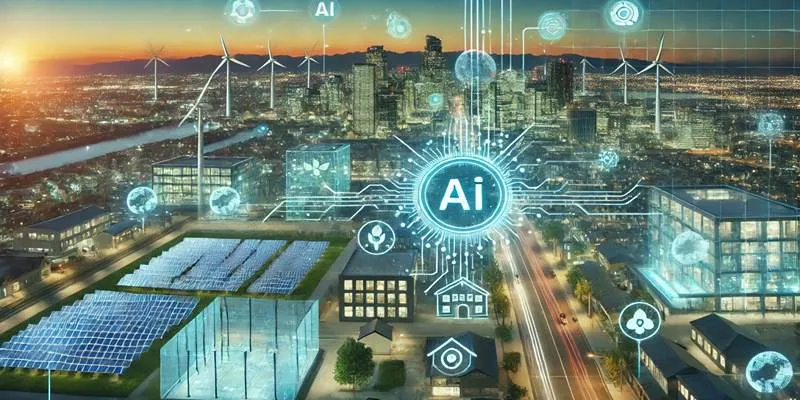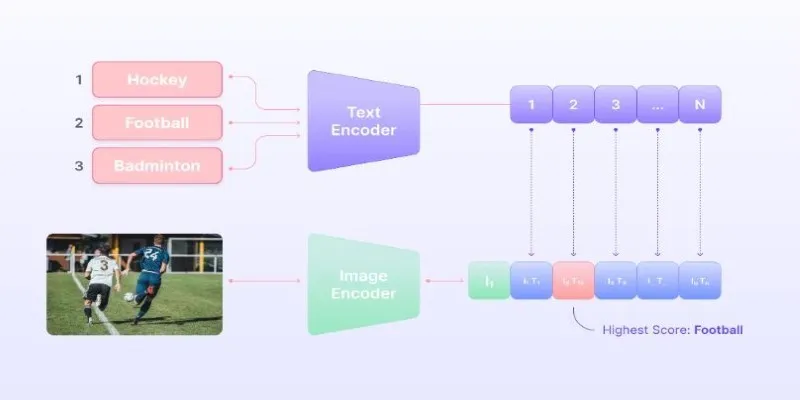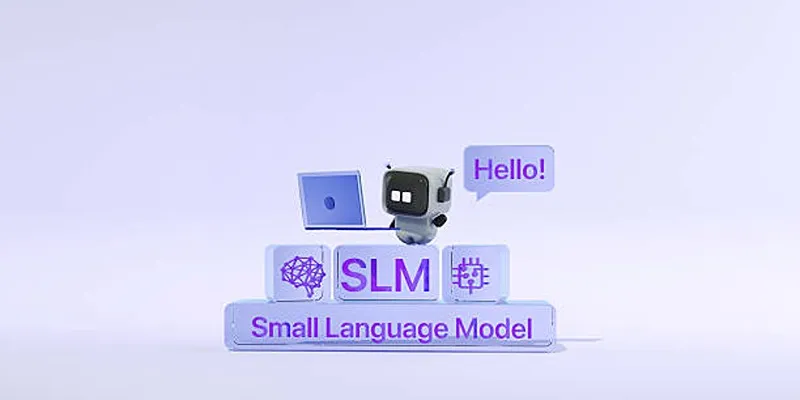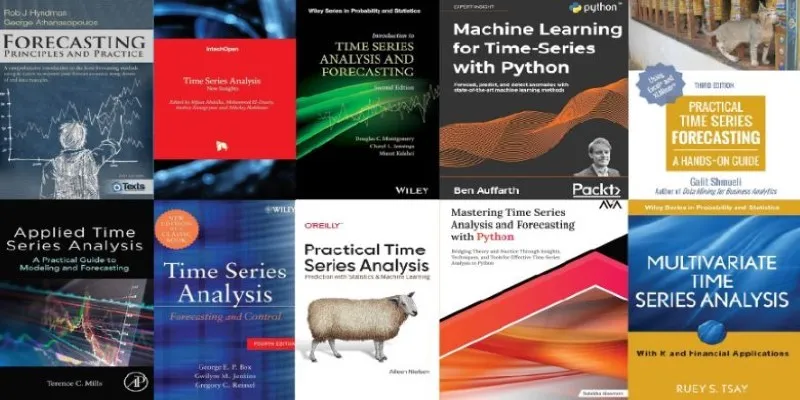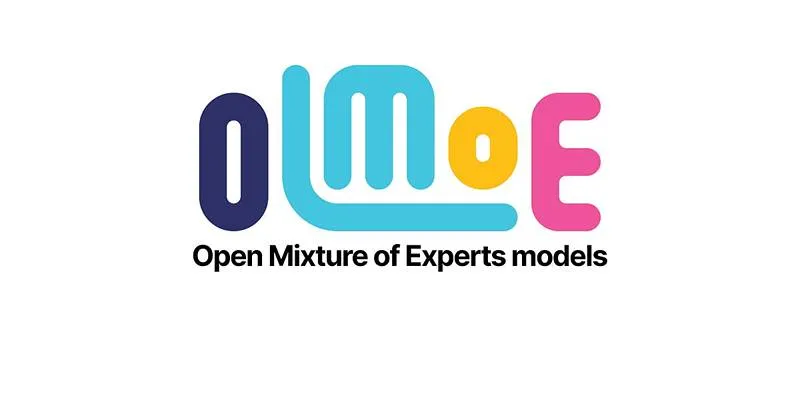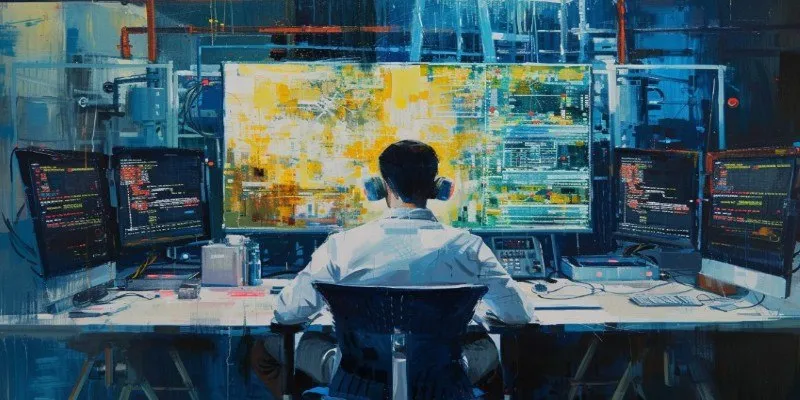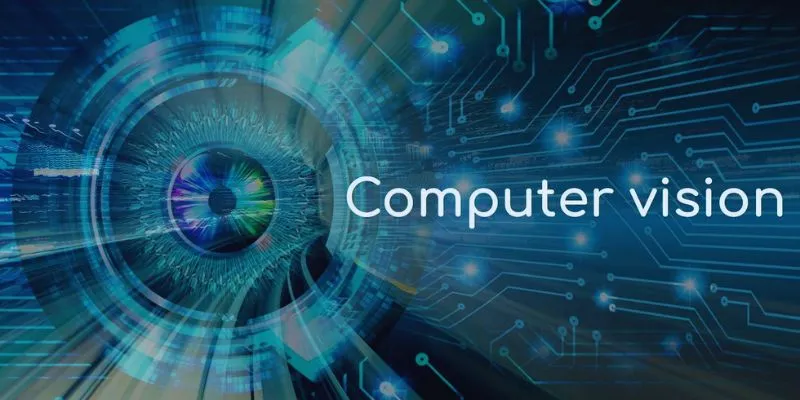In a world where artificial intelligence (AI) is advancing at lightning speed, concerns about job security are rising. Machines are now handling tasks like customer service chats, writing emails, analyzing data, and even creating art. However, according to Bill Gates, not all jobs are at risk. The billionaire philanthropist and tech visionary believes there are certain careers that AI cannot replace — not now, and likely not in the future.
Gates has long supported the use of AI for progress in healthcare, education, and innovation. Yet, in several interviews and discussions, he has emphasized that some roles still require the irreplaceable human touch. These jobs depend on qualities like empathy, creativity, physical presence, and ethical judgment — things machines struggle to truly replicate. This guide explores five types of jobs Bill Gates believes will remain safe from AI, providing readers with a clearer idea of future-proof career options.
1. Human-Centered Care Jobs
Gates highlights the importance of roles that involve deep emotional connections. Jobs in caregiving, therapy, and nursing rely heavily on empathy, compassion, and trust — qualities that artificial intelligence cannot genuinely reproduce.
While AI can assist in scheduling appointments or reminding patients to take their medicine, it cannot sit with a lonely elderly person or comfort a child in distress. These interactions require sensitivity, presence, and an emotional bond that goes far beyond logic or algorithms.
Examples of care-based roles include:
- Nurses and healthcare aides
- Mental health therapists and counselors
- Social workers
- Hospice and elderly care professionals
- Special education assistants
These careers require listening, comforting, and emotionally supporting others — actions rooted in real human experience.
2. Creative Professions Requiring Originality
Bill Gates also points out that creativity is a deeply human trait. While AI can mimic patterns or generate content, it cannot replace human imagination. Creative work often draws from personal experiences, emotional depth, and cultural context. AI, no matter how advanced, lacks the soul to create truly meaningful work.
Writers, musicians, filmmakers, and artists often create to express feelings or connect with others — not just to deliver information. Gates believes these forms of expression remain uniquely human and will continue to be in demand.
Examples of creative jobs that are safe from AI:
- Authors and poets
- Songwriters and composers
- Painters and sculptors
- Filmmakers and screenwriters
- Designers and illustrators
Machines can assist in editing or offering suggestions, but true storytelling and artistic innovation will always come from people.
3. Leadership and Strategic Decision-Making

According to Gates, leadership cannot be automated. Running a company, managing a government, or leading a team requires vision, ethics, intuition, and trust — all qualities grounded in human judgment. While AI can provide data to support decision-making, it lacks the moral compass and emotional awareness needed to lead people. Leaders often face unpredictable challenges that require more than logic. They must inspire, unite, and guide others through change. That kind of influence cannot come from a machine.
Roles requiring human leadership include:
- CEOs and business founders
- Political leaders
- Nonprofit directors
- Military officers
- Executive team managers
Leadership is not just about information. It’s about understanding people, reading situations, and making choices that impact lives.
4. Skilled Trades and Manual Work
While many fear that robots will take over manual labor, Bill Gates suggests otherwise. Skilled trade jobs often require flexibility, physical presence, and creative problem-solving, making them hard to automate.
Plumbers, electricians, and mechanics work in varied environments where tasks change constantly. A machine may struggle with the uncertainty, physical dexterity, and fast thinking needed in these situations. Additionally, these trades often involve direct interaction with clients, which adds another layer of human skill.
Future-proof skilled trade jobs include:
- Electricians
- Plumbers
- Carpenters
- Auto mechanics
- HVAC specialists
These roles demand both technical know-how and physical adaptability, making them less likely to be replaced by machines.
5. Education and Child Development Roles

Bill Gates emphasizes the importance of educators in shaping future generations. Teaching is not just about transferring information — it’s about mentorship, emotional support, and social development. While AI may offer digital learning tools, it cannot replace the relationship between a teacher and a student.
In early education, teachers help children grow emotionally and socially, laying the foundation for lifelong learning. Even in higher education, students benefit from personal guidance, discussions, and feedback that AI is not yet capable of delivering.
Examples of human-driven education roles include:
- Preschool and elementary school teachers
- Tutors and academic coaches
- Child psychologists
- Special education professionals
- School counselors
These professionals help learners feel seen, heard, and supported. This emotional aspect of teaching is impossible to automate completely.
Why These Jobs Are Truly Human
Across all five areas, there’s a common theme: these jobs involve complex emotions, creativity, moral decisions, or physical tasks that need real-time adaptability. Bill Gates believes these roles are part of what makes society function on a human level — and AI isn’t built to understand or replace that.
Here’s why these careers are likely to remain human-led:
- They involve emotional connections that machines cannot form.
- They rely on creativity that goes beyond data and logic.
- They require moral decision-making and leadership.
- They include hands-on problem-solving in dynamic environments.
- They focus on nurturing, guiding, and supporting people.
In each of these fields, trust plays a central role. Whether it’s a teacher helping a student, a nurse caring for a patient, or a leader guiding a team, people naturally seek human-to-human trust in the moments that matter most.
Conclusion
While AI continues to change how people live and work, there are still jobs only humans can do — and Bill Gates is clear about what they are. Roles in care, creativity, leadership, skilled trades, and education rely on human understanding, original thinking, and emotional connection. These qualities can’t be copied or simulated by machines. For anyone wondering where to focus their energy in a world full of automation, these five future-proof jobs offer a clear and confident path forward.
 zfn9
zfn9
